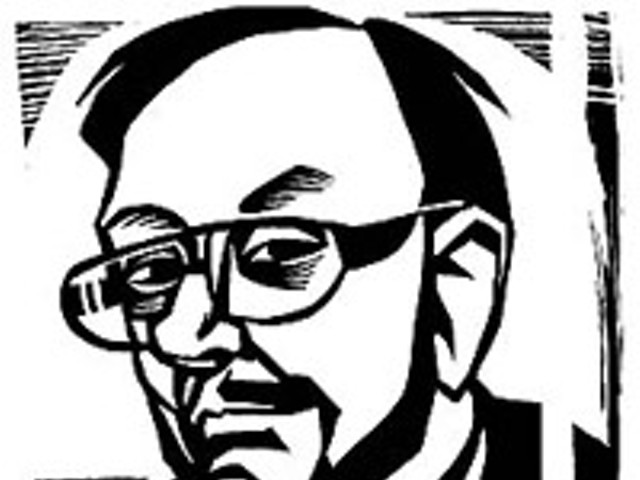Propelled by the fiercely soulful vocals of the gnomish Eric Burdon and the dramatically quavering organ of the hunky Alan Price, "House of the Rising Sun" rocketed up the singles charts worldwide, landing at No. 1 in the United States and United Kingdom that summer. Over the next year, Most supervised five more hits for the Animals, including "We Gotta Get Out of This Place," which, like "House of the Rising Sun," Most unearthed during twice-a-month week-long song-searching expeditions in the States.
With the possible exception of Beatles manager Brian Epstein, Mickie Most, who died May 30, age 64, probably did more than anyone else to orchestrate the massive wave of English acts — the so-called British Invasion — that dominated international airwaves in the mid-1960s. Herman's Hermits. The Nashville Teens. Lulu. Donovan. Mary Hopkins. The Jeff Beck Group. Most guided all to stardom, not only producing their recording sessions, but in many cases sniffing out their material as well.
"The only gift I had as far as being a producer," he told Tobler and Grundy, "was in finding the right song." Where his notable producer contemporaries — Phil Spector here, Joe Meek in England — often "painted" with sound in the studio, personally imprinting a track, Most "sculpted" his hits, chipping away and molding the raw material until he was satisfied with the results.
Born in June 1938 to a career Army father, Michael Peter Hayes evolved into Mickie Most in the mid-'50s as one half of the proto-rocking Most Brothers, releasing what he later characterized as several "ghastly" records. At the end of 1958 he relocated with his girlfriend to her native South Africa and, discovering no rock/pop scene there, invented one, forming a band to reel off 11 No. 1 songs in that nation, all covers of U.S. hits. Given a dearth of knowledgeable personnel, Most taught himself the basics of record production and, upon returning to the U.K. in 1963, decided he preferred the studio to the stage. Simultaneously, he established a company, RAK Records, to place singles for sale in outlets other than music shops — gas stations, bric-a-brac stores — but this visionary initiative was considered daft and quickly abandoned.
Most resurrected RAK as an indie label at the dawn of the '70s, enjoying phenomenal chart success in the U.K. with a select stable — Hot Chocolate, Suzi Quatro, Smokie — handled by himself and his songwriting/producing protégés Mike Chapman and Nicky Chinn, ultimately bleeding into early '80s new wave with sultry Kim "Kids in America" Wilde. With his usual impeccable timing, he sold RAK to behemoth EMI Records in 1983, and in recent years was cited frequently in the English press as one of the U.K.'s 500 wealthiest people.
A tireless worker who assiduously avoided the standard excesses associated with the rock lifestyle, Most chose family over frolic while still indulging a taste for luxurious residences, elegant cars, and closets chockablock with chic leather jackets. Throughout, he maintained a rare clarity regarding his career, once remarking, "Doing what I do isn't serious at all, it's just better than going to workonce it becomes serious, then it becomes a problem."





